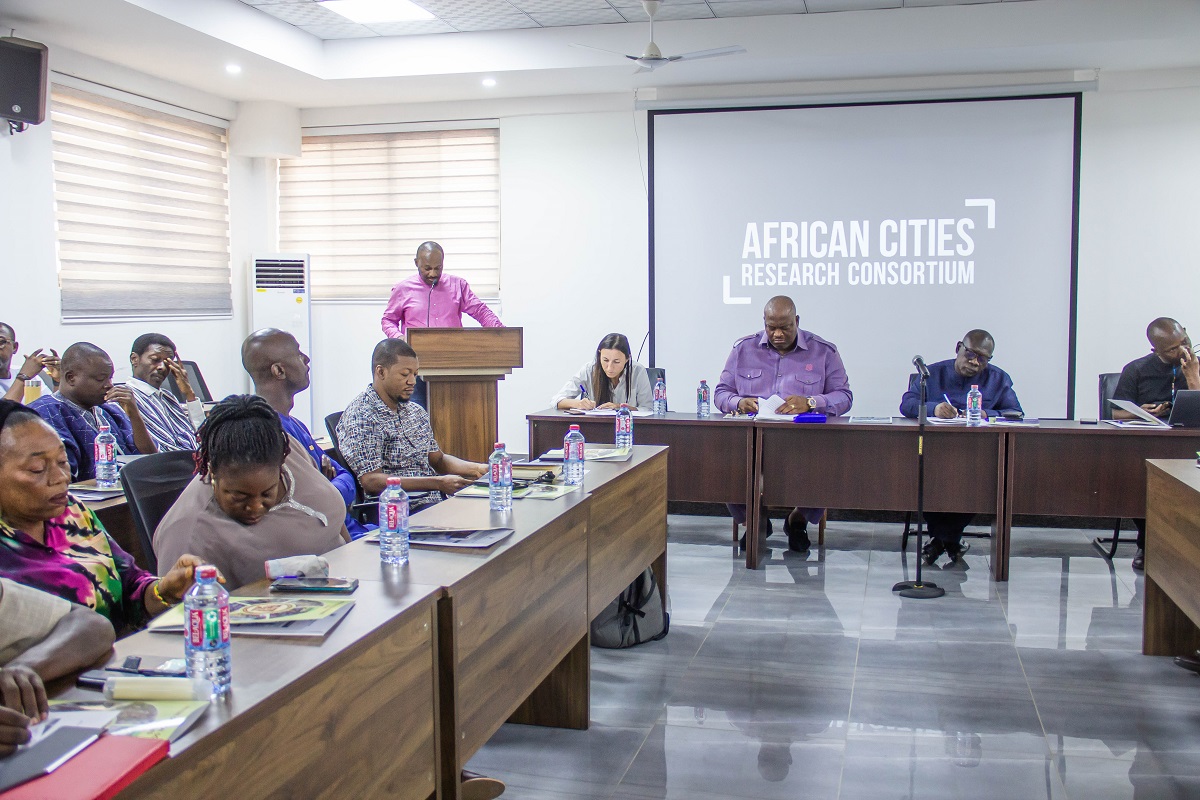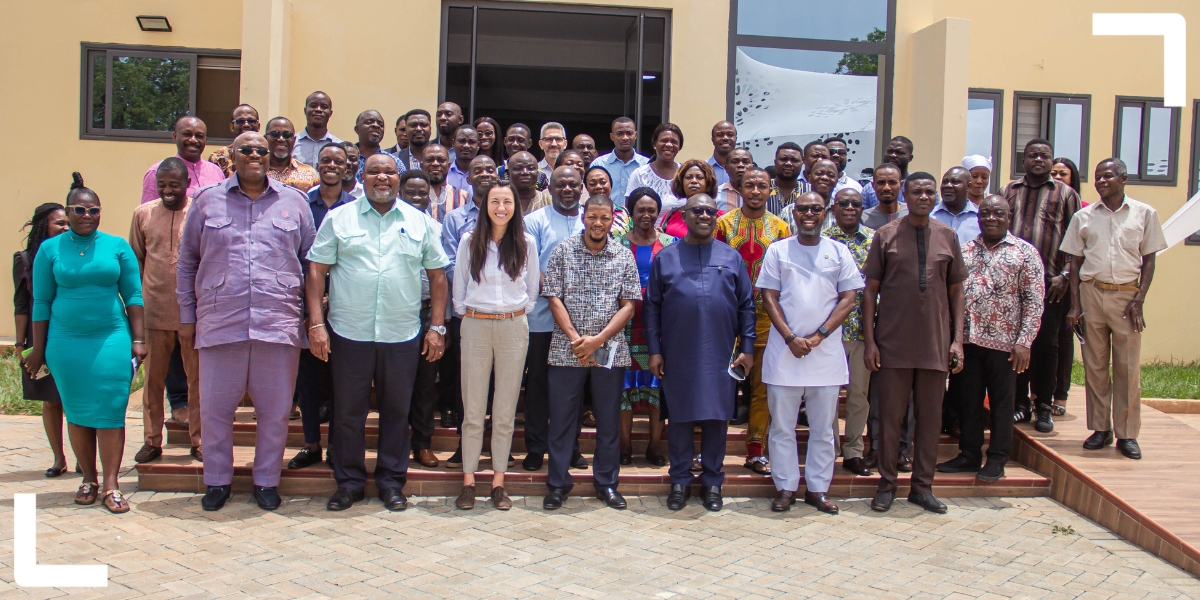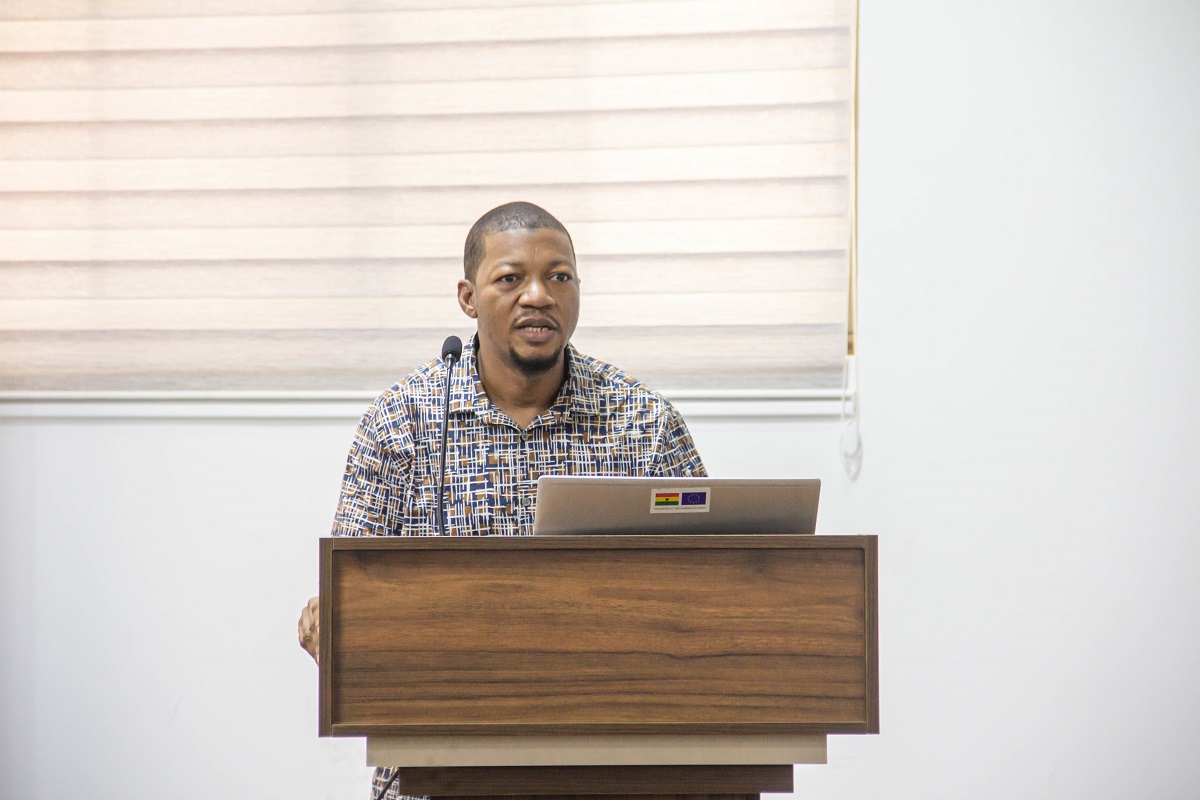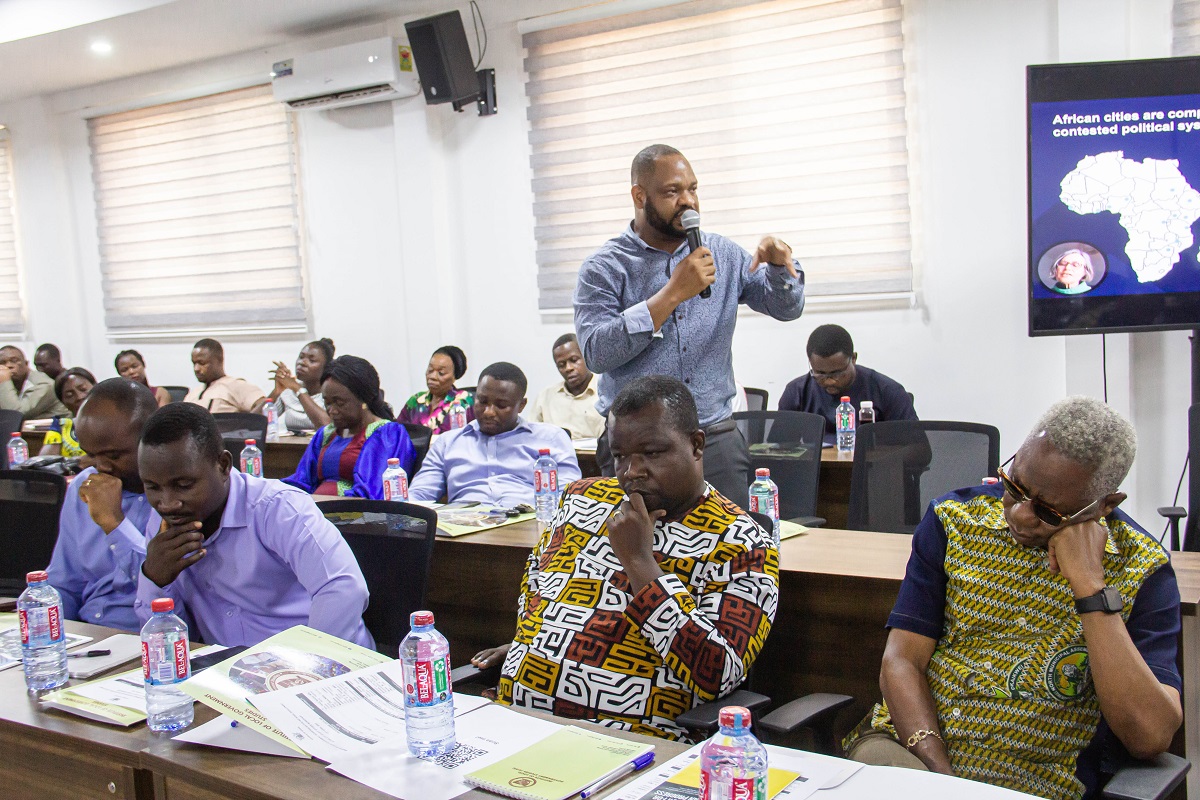By Rosebella Apollo, ACRC research uptake officer
Accra in perspective
Accra serves as Ghana’s capital, economic hub and critical link to the global economy. The city is estimated to host almost 5.5 million people, equating to the highest population density in Ghana. Characterised by glaring disparities in the service provision, population density and economic growth, the city’s rapid urbanisation and urban sprawl has resulted in increased pressure on social infrastructure, hampering service delivery for its people.
ACRC research
In April 2022, the African Cities Research Consortium (ACRC) commissioned research to better understand the nature of political settlements and the degree of interrelation across city systems in Accra, and to provide an in-depth analysis of the city’s built environment (housing, informal settlements, and land and connectivity) and economic (neighbourhood and district economic development and structural transformation) domains. By integrating these analyses, the study sought to generate evidence and identify formidable pathways that could catalyse sustainable urban reform in the city, leading to economic development, poverty reduction and improved life chances for residents.
Final uptake workshop
In collaboration with researchers, communities, civil society organisations (CSOs), local government, government ministries and development agencies, the ACRC Accra city team co-created evidence and proposed practical solutions anchored around strong preconditions for urban transformation to address the city’s critical challenges. Subsequently, the team convened over 100 stakeholders for the city’s final research uptake workshop at the Institute of Local Government Studies in Madina, to disseminate research findings and build commitment to support reforms. This event brought together key stakeholders in the urban agenda including researchers, local communities, urban reform coalitions, the UK’s Foreign Commonwealth and Development Office (FCDO) in Accra, Greater Accra regional ministers and the Minister of State – Local Government, Decentralisation and Rural Development.

Research findings
Political settlements
Politically, Accra was outlined as swing voting city with 3.6 million registered voters. With a multiethnic population, power in the city is dispersed and distributed across various actors, including 29 mayors, members of parliament and traditional rulers. The local chiefs, given their position as gatekeepers, were found to exploit residents for their own gains. The city is also subject to frequent political transitions and a weak decentralised system, driven by politically motivated fragmentations whose efficiency in governance and service delivery is highly questionable. The city’s economic viability is exacerbated by competition from different government levels, unresolved boundary rows between different regions, divergent interests from different actors and overall governance challenges.
City of systems
The city of systems research covered Accra city systems, including water, waste management, energy, transport, education, electricity, healthcare, and telecommunications. Whereas access to and quality of service provision within the city systems affected residents across the board, they varied significantly across regions and were found to affect marginalised and underserved communities most adversely in Accra.
Economic front
Using indicators for inclusive growth, such as movement of labour from the low-productivity agricultural sector to equally low- or moderately productive sectors in Ghana, the research established that structural transformation has occurred in Accra over the last decade. Lack of worker fidelity, macroeconomic instability, increasing sole proprietorship, high inflation and limited access to infrastructure for business were identified as key constraints to structural transformation.
As far as neighbourhood and district and economic development is concerned, the research found several issues to be hampering the operations of small-scale traders in the city. These include a lack of affordable credit, challenges in accessing spaces for business operations, and unregulated conduct of “market queens”.
Built environment
Land was identified as an emotive issue in Accra – proving to be a major source of tension and a driver of various distributional demands for national and city authorities. Land tenure rules deny indigenous people access to land for agricultural purposes, with chiefs wielding power and control over the same. The high cost of land, increasing land disputes, poor planning and weak enforcement of regulations have adversely impacted land and connectivity in Accra. The poor performance of land taxation and property tax revenue streams have further incapacitated the government’s service delivery. Even though the government is working on a unified revenue collection system, there is a need to invest in administrative and technical capacities to provide oversight for revenue collection in the city. Enhancing mobility and accessibility within Accra is another key priority, requiring intentional investments in urban transport infrastructure and possibly reviving deliberations around the bus rapid transport system.
The research identified more than 265 informal settlements within Accra, with over 60% of the city’s population living in poorly planned and overcrowded housing conditions occasioned by rapid urbanisation. These highly populated informal settlements were found to be based on a symbiotic relationship between politicians and residents, where support for political power was traded for favour and recognition. Politicians and other powerholders – including religious and traditional leaders – were found to exploit residents of these settlements for electoral and political purposes, using their power to lobby for certain programmes via both formal and informal channels. Following successes registered by previous reform efforts on slum upgrading, there is a need to explore informal upgrading to enhance access to basic infrastructure and improved housing, and to safeguard tenure security to reduce spatial inequality and improve life chances for informal settlement residents.
Closely tied to these findings was the housing domain research, which established that 47.6% of residents in Accra live in rented spaces and an estimated 16.7% live in non-conventional housing structures, including kiosks, metal containers and wooden structures. Increasing demand for rental housing has driven private informal housing providers to deliver substandard housing to meet soaring demands. Weak enforcement of housing regulations and limited access to land in areas closer to work has exposed renters in Accra to exploitation.
Despite high rental demands occasioned by deficits in housing, Ghana’s housing policy has not prioritised rental markets. Given this gap, there is a need to explore public–private partnerships and sustainable funding models for the provision of rental housing in the city. Additionally, alternative measures are needed to improve access to land and facilitate the construction of houses close to popular working areas.
From evidence to action
Given the interrelated nature and systemic challenges of Accra city, there is need for innovative approaches to drive action across policy, practice and programmes in relation to affordable housing, the land tenure system and economic development. Ghana’s FCDO office, ministers and reform coalitions on urban transformation committed to advance different facets of the work, calling for an integrated approach in developing sustainable urban solutions.
ACRC’s collaboration with the Ministry of Local Government and Rural Development was deemed particularly beneficial to resolving interrelated and systemic challenges in Accra. And while the workshop positioned ACRC as a commendable initiative, key actors challenged the consortium to prioritise translating the research into impactful policy and practice, to secure affordable housing, economic development, and land tenure for Accra’s residents. Stakeholders called for follow through on implementation of the stalled rapid bus transfer to enhance transport, mobility and efficiency of the public transport system in Accra.
Photo credits: KnowYourCity TV Ghana
Note: This article presents the views of the author featured and does not necessarily represent the views of the African Cities Research Consortium as a whole.
The African Cities blog is licensed under Creative Commons Attribution-NonCommercial-NoDerivatives 4.0 International (CC BY-NC-ND 4.0), which means you are welcome to repost this content as long as you provide full credit and a link to this original post.




